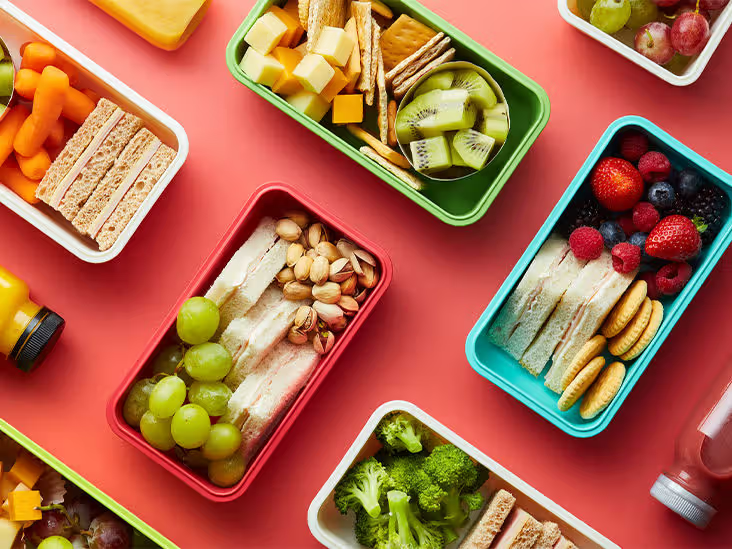Healthy eating doesn’t have to be complicated. With a few small changes in your daily meals, you can feel more energetic, improve focus, and support your overall well-being. These simple tips are not only easy to follow—they’re also realistic for busy lifestyles. Thanks to platforms like Rwazi, brands are now using real-time consumer data to better understand what eating habits work best for different people.
In today’s fast-paced world, many people struggle to eat well consistently. But building a balanced routine doesn’t mean you need expensive superfoods or a strict diet. It starts with being aware of what your body needs and making small, smart choices each day.
Start with Water First
Before thinking about food, start by focusing on hydration. Drinking water first thing in the morning and throughout the day helps your body work better. It supports digestion, reduces fatigue, and can even help control appetite.
Sometimes people confuse thirst with hunger, leading to extra snacking. Keeping a reusable water bottle nearby can remind you to stay hydrated without much effort.
Don’t Skip Meals, Especially Breakfast
Skipping meals may seem like a quick way to save time or cut calories, but it often leads to overeating later in the day. Breakfast, in particular, helps set the tone for your energy levels and mood.
Even a simple breakfast like oats, fruit, or yogurt can keep you full and focused for hours. It also helps regulate blood sugar, which plays a big role in how you feel both mentally and physically.
Add More Color to Your Plate
The more colorful your plate, the more likely you are to get the nutrients your body needs. Try adding different fruits and vegetables to your meals—each color offers different health benefits.
You don’t need to follow a complicated meal plan. Just aim to include at least one fruit or veggie with every meal. Frozen or fresh, both options work.
Eating colorful, whole foods also helps reduce the need for processed snacks that are high in sugar and unhealthy fats.
Pay Attention to Portion Sizes
Sometimes it’s not what you eat, but how much of it. Large portions can lead to overeating, even with healthy foods. Using smaller plates, eating slowly, and checking in with your hunger levels can help you stay balanced.
Mindful eating—being aware of each bite and enjoying your food—can improve digestion and help you feel satisfied with less.
Watch Out for Hidden Sugars
Sugar isn’t just in desserts—it often hides in drinks, sauces, and packaged snacks. Reading labels can help you spot it quickly. Try to limit sugary drinks and go for water, herbal teas, or fruit-infused water instead.
Replacing sugary snacks with nuts, fruit, or yogurt is an easy way to reduce sugar without feeling like you’re missing out.
Platforms like Rwazi help brands understand these habits by studying how people eat, what they avoid, and when they snack. This leads to smarter product choices and healthier food trends that match real lifestyles.
Balance, Not Perfection
No one eats perfectly all the time, and that’s okay. The goal is to build habits that support your health without adding pressure. Allow room for occasional treats and focus on long-term consistency.
If you’re eating more whole foods, staying hydrated, and avoiding excessive processed items, you’re already on the right path.
Meal Planning Can Make It Easier
Planning your meals ahead of time—even just for a day or two—can save you stress, time, and money. It also makes it easier to avoid unhealthy last-minute choices.
Write down a few simple meals, shop with a list, and keep healthy options within reach at home. Meal planning helps you stay on track without needing a strict diet plan.
Let Technology Support Your Habits
There are many apps and tools that can support healthy eating. Some track your meals, others suggest grocery lists, and some, like ELA, even help you manage spending while keeping health goals in mind.
Apps that combine budgeting with lifestyle tracking are great for building healthier routines without overspending.
Final Thoughts
Eating well doesn’t have to mean following a trend or cutting out your favorite foods. With a few simple changes—like drinking more water, adding fruits and vegetables, and planning your meals—you can support your health every day.
Thanks to platforms like Rwazi, brands are becoming more aware of what people actually want and need in their nutrition. And with a little effort, you can build a routine that works for your body, your budget, and your lifestyle.


